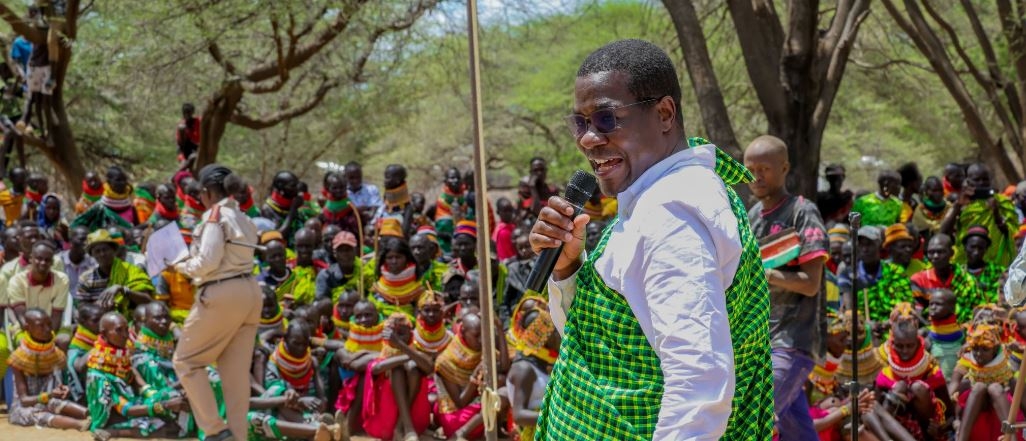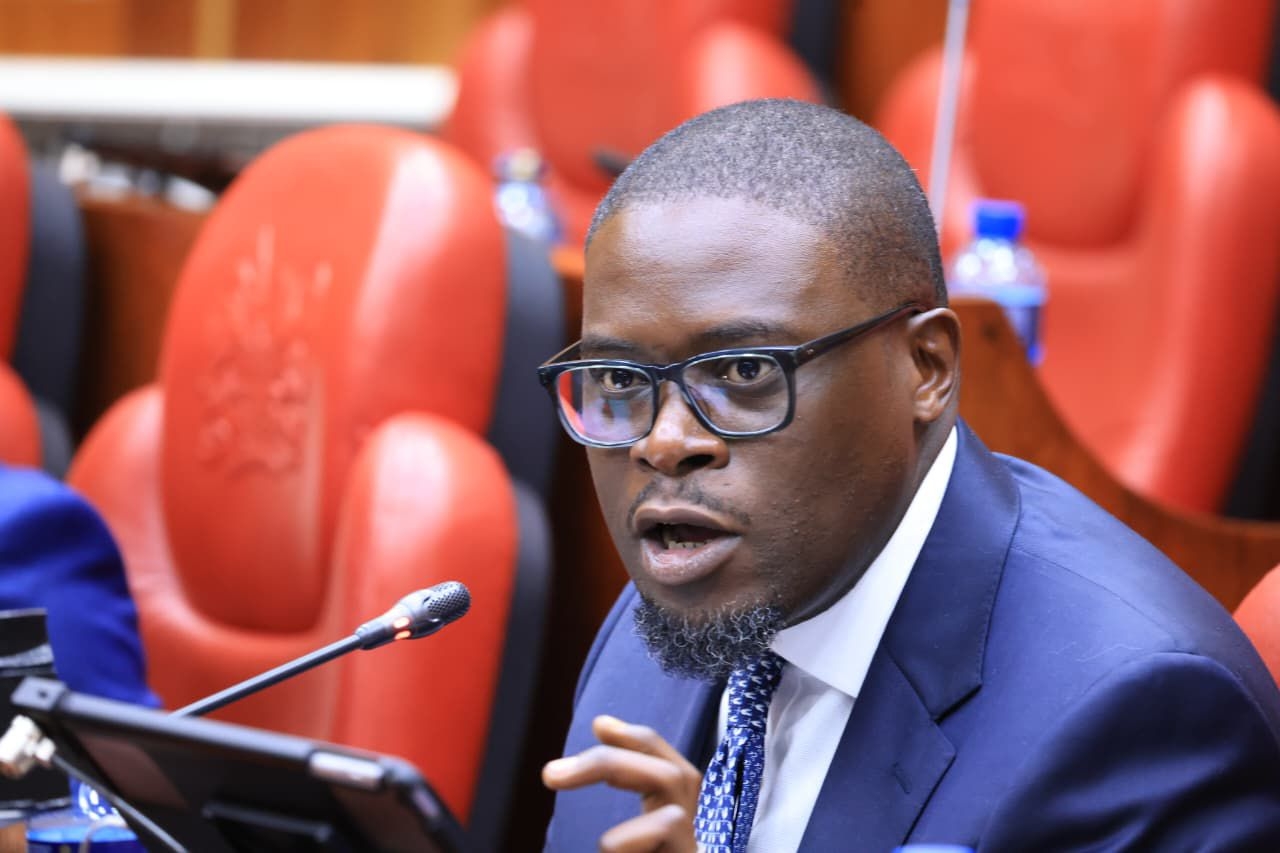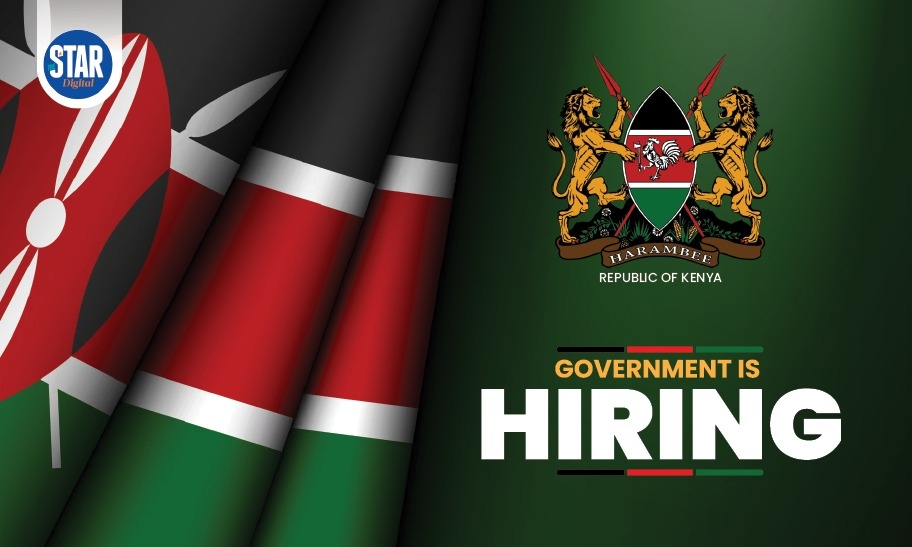
Central to this issue is Kenya’s ongoing reliance on harmful pesticides, many of which are banned in other parts of the world due to their severe health risks. Yet these toxic chemicals continue to be sold and used in Kenya, exacerbating a public health crisis and contributing to the rise of cancer and other serious diseases that threaten the well-being of the population.
The question is clear: why are these toxic chemicals still being used in Kenya, even though they have been rejected by other countries for their harmful effects? Why are they allowed to continue poisoning the environment and the people who rely on the land for their livelihood?
The government’s approach to foreign influence and policymaking has come under scrutiny. On September 19, a government notice granted the Bill and Melinda Gates Foundation special privileges and immunity under the Privileges and Immunities Act, supporting their operations in Kenya.
This move sparked concerns about the foundation's influence on national policies, particularly regarding agricultural practices and the introduction of GMOs. On November 25, the High Court issued conservatory orders suspending the gazetted notice, citing concerns about the potential impact on Kenya’s sovereignty and national interests.
This move by the government, granting special privileges to private foundations like the Gates Foundation, has only deepened the sense of alienation felt by many Kenyans. Policies affecting food security and health are increasingly being shaped by foreign interests, leaving local communities to bear the consequences. The legal ruling suspending the foundation’s privileges serves as a reminder that Kenya must regain control over its agricultural policies and safeguard the health and well-being of its citizens.
The issue at hand is not just about GMOs or foreign influence; it’s about the government’s failure to address the environmental and health impacts of its agricultural policies. While GMO crops and foreign investments are framed as solutions to food insecurity, they often come with hidden costs: increased pesticide use, environmental degradation and potential long-term health risks.
Proponents argue that GMOsactually reduce pesticide use by making crops disease-resistant. While GMOs like Bt crops can indeed reduce some pesticide use, herbicide-tolerant varieties (for example, glyphosate-resistant crops) have led to an increase in herbicide use due to the rise of glyphosate-resistant ‘super weeds’. Farmers often fight these weeds with stronger chemical mixtures, raising environmental and health concerns.
Decisions on these issues cannot be made in isolation; they must consider the real challenges faced by Kenyan citizens, the risks posed to public health and the sustainability of the environment.
A critical part of the problem lies in the widespread lack of education and awareness within Kenya’s farming community. Many farmers, especially those in rural areas, have limited knowledge of the harmful chemicals they are using. The literacy levels in these regions remain low, and without proper training on how to handle pesticides, farmers are unknowingly putting their own health and that of their families at risk.
A 2023 report from Human Rights Watch found that nearly half the pesticides used in Kenya are banned in the European Union due to their severe health hazards, yet they continue to be applied to staple crops like maize, potatoes and tomatoes — essential to the Kenyan diet.
Even more troubling is the fact that only 15 per cent of Kenyan farmers use the necessary protective gear when applying pesticides, leaving the vast majority exposed to these toxic substances. The introduction of genetically modified crops resistant to pesticides could further increase the use of these harmful chemicals, perpetuating a vicious cycle of pesticide dependency. Rather than reducing the reliance on chemicals, GMOs could incentivise their increased use, prioritising higher yields over the health and safety of farmers and consumers. The government’s approach seems more focused on short-term agricultural goals than on long-term public health.
Kenya’s food security should not just be about increasing crop yields; it is fundamentally about the health and sovereignty of its people. The debate over GMOs should not be simplified as a solution to food insecurity, but as a call to rethink the country’s agricultural policies and their long-term implications. Kenyans must take ownership of their food security, demanding that the government prioritise the health of its citizens above corporate interests. This fight is not just about the food on the table today; it’s about ensuring that future generations are not left to deal with the consequences of poorly-thought-out agricultural policies and the unchecked use of hazardous chemicals.
Kenya must embrace a more sustainable agricultural model that minimises reliance on harmful pesticides. Integrated Pest Management and natural farming methods, such as crop rotation and biological pest control, offer long-term solutions. By shifting to these eco-friendly practices, Kenya can reduce pesticide use, protect the health of farmers and consumers and safeguard the environment.
To ensure this, the government must
implement a robust regulatory framework for pesticides and GMOs. Without clear
regulations, Kenya risks becoming a dumping ground for genetically modified
crops and dangerous chemicals banned elsewhere. Key to this process is the
introduction of transparent food labelling policies, enabling consumers to make
informed decisions and avoid harmful, chemically laden foods. Strong oversight
and accountability are essential to ensuring that GMOs and pesticides are only
approved if they meet rigorous health and safety standards.
Ultimately, Kenya’s agricultural future hinges
on a holistic approach that prioritises the health and safety of its people.
The time for complacency is over. We must hold the government accountable for
decisions that will shape the country’s future.













